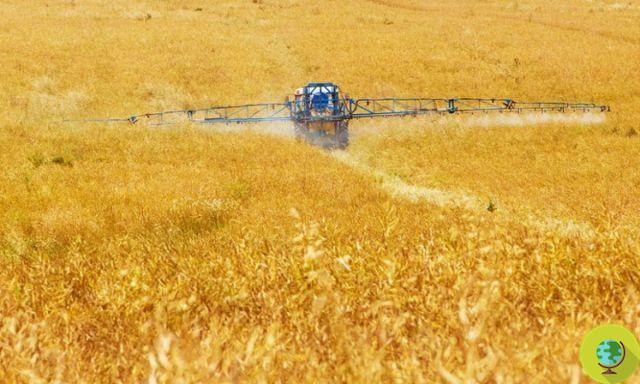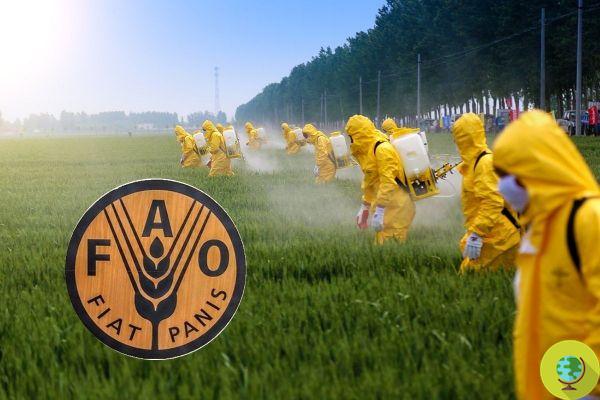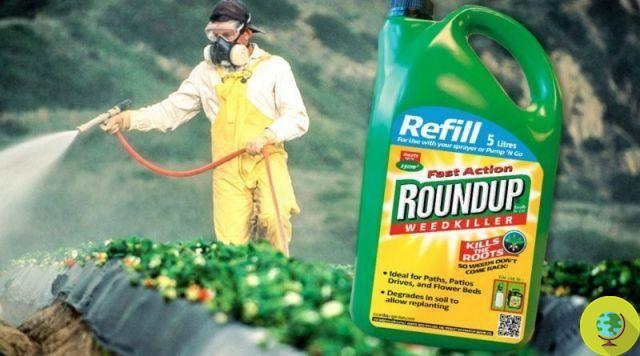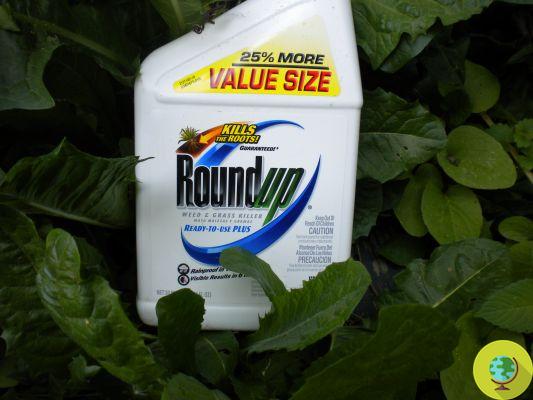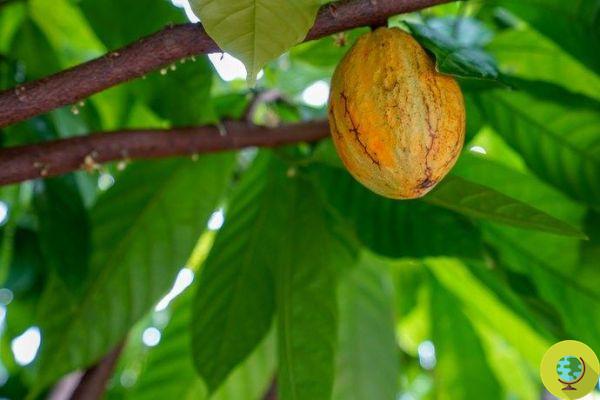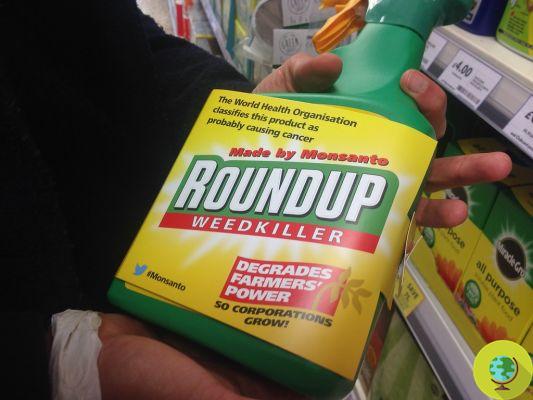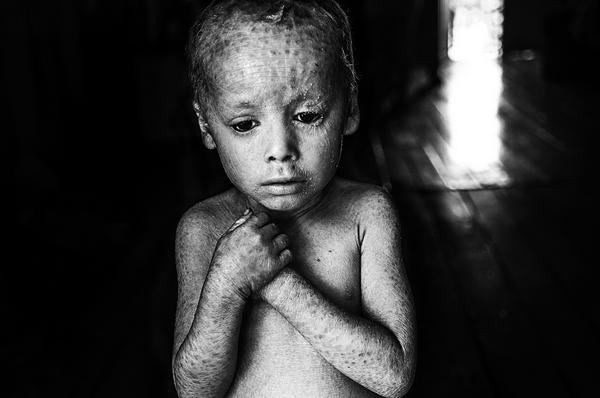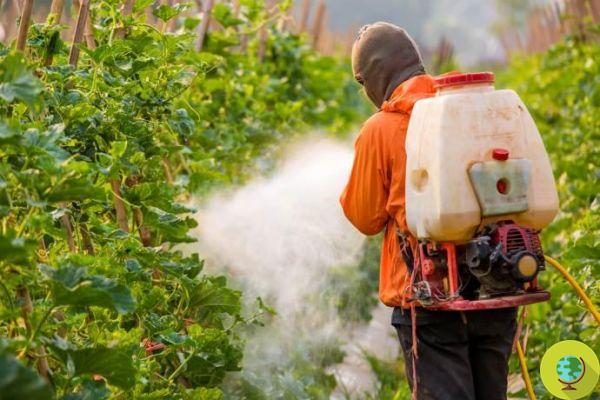The pesticides that kill bees cannot be used in the open field, and there is no turning back: the appeal presented by Bayer and Sygenta against the restrictions on the three neonicotinoids was rejected by the Court of the European Union and so the ban remains. Unfortunately, however, fipronil will be free again
He is about to end up run over, his mother saves him
The pesticides that kill bees cannot be used in the open field, and there is no turning back: the appeal presented by Bayer and Sygenta against the restrictions on the three neonicotinoids was rejected by the Court of the European Union and so the ban remains. Unfortunately, however, fipronil will be free again.
Nothing in fact for the manufacturers of imidacloprid, clothianidin (Bayer) and thiamethoxam (Sygenta): the restrictions imposed by the European Union in 2013 then extended to a total ban in the open field last month were amply justified and there is no turning back, in as much as the evidence of their harmful effects for bees and for all pollinating insects is many and overwhelming.
Alongside this success, however, the Court largely accepted BASF's appeal against the restrictions decided by the European Commission, also in 2013, on the use of the pesticide fipronil, as the decision would have been taken in the absence of an adequate analysis. of its consequences.
Index
What are neonicotinoids and why three of them are now banned
Neonicotinoids are pesticides with a powerful insecticidal effect, used to "protect" crops from potential pests. There are several and three of them, imidacloprid, clothianidin and thiamethoxam, have been found to be particularly harmful to bees and all pollinating insects.
Among the different acute and chronic toxic effects found, scientific studies have pointed out in particular those to the nervous system: the presence of these molecules on crops, in fact, disorients insects, making them unable even to return to their hives, condemning them to certain death earlier than expected, with evident repercussions on entire communities.
For this reason, the European Union had already imposed various restrictive measures on their use in 2013 and recently extended everything to a total ban in the open field. Unfortunately, however, other molecules of the same family, with non-negligible toxicity, are still allowed and one of them, acetamiprid, is even imposed as a tool to combat Xylella in Salento.
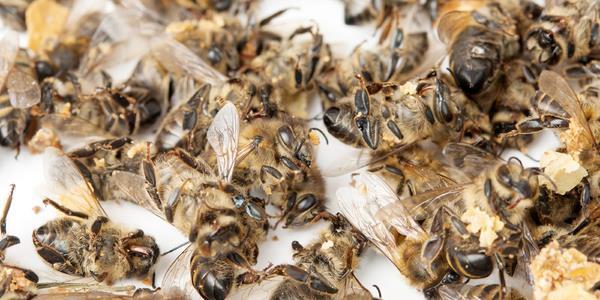
The Bayer and Sygenta appeal
Following the restrictions of 2013, the manufacturers of imidacloprid, clothianidin (Bayer) and thiamethoxam (Sygenta) had filed an appeal (Syngenta also with a claim for damages of at least € 367,9 million), in order to recover , in fact, the authorization to use them.
The companies argued, among other things, that the evidence on the harmful effects of molecules was not scientifically relevant and in any case not ascertained, and that the EU had not carried out "an analysis of the potential costs and benefits of its actions".
But, fortunately, none of this was accepted. The evidence was there, there is (confirmed byEuropean Food Safety Authority) and are still being produced in support of a ban which, indeed, should be extended to other similar molecules.
The fipronil case
The EU Tribunal has, however, to a large extent the Basf appeal was accepted against the restrictions on the use of the pesticide fipronil, also accused of being highly harmful to bees.
The measure, now almost completely canceled, reads verbatim: “The Authority has ascertained serious risks for bees deriving from plant protection products containing the active substance fipronil when used as a treatment for corn seeds. In particular, the Authority ascertained a serious risk for bees caused by exposure to dust. Furthermore, unacceptable risks due to acute or chronic effects on the survival and development of colonies in the case of numerous crops cannot be excluded ”.
We also remember that fipronil was recently at the center of a scandal that led to the withdrawal of millions of eggs from some European markets: these were in fact contaminated by the insecticide, which is prohibited in the production of food for people because it is toxic.
Unfortunately, however, there is nothing factual about this appeal: the EU Court has in fact largely upheld it, believing that the restrictive measures to greenhouse crops as well as to the seeds of leeks, onions, shallots and vegetables of the Brassica genus to be sown in fields and to be harvested before flowering, were taken without proper analysis of their potential consequences.
However, the ban on marketing and using seeds tanned with pesticides containing fipronil remains. The Court in fact considered inadmissible an appeal lodged by BASF, which does not itself market the seeds: the prohibition does not concern it and therefore remains.
Well, but not great.
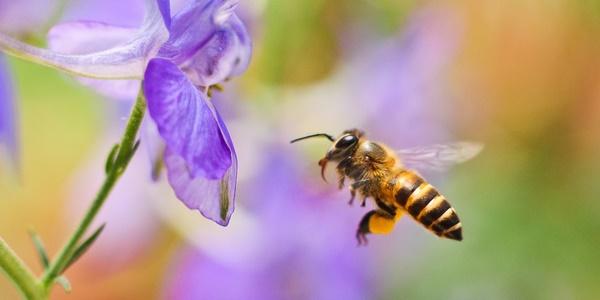
The road to the definitive stop to pesticides
The way to it stop pesticides harmful to bees it is still long, but in the right direction. Europe's bee-saving resolutions are "spreading": in Chile, environmental associations and beekeepers are asking the government to approve similar measures, and have even launched an online petition for this.
However, the problem remains to be resolved on other pesticides that are still permitted, in particular neonicotinoids acetamiprid, thiacloprid, sulfoxaflor e flupyradifurone and others such cypermethrin, deltamethrin and chlorpyrifos. In fact, these too pose a threat to bees, but their use is permitted and in some cases even sponsored.
For more information on the effects of neonicotinoids on bees read also:
- Are neonicotinoid pesticides dangerous for bees, EFSA confirms?
- Massacre of bees in Friuli: it is the fault of pesticides, corn fields seized
- Sulfoxaflor, new pesticide authorized in Europe. And bees are increasingly in danger
Roberta de carolis




